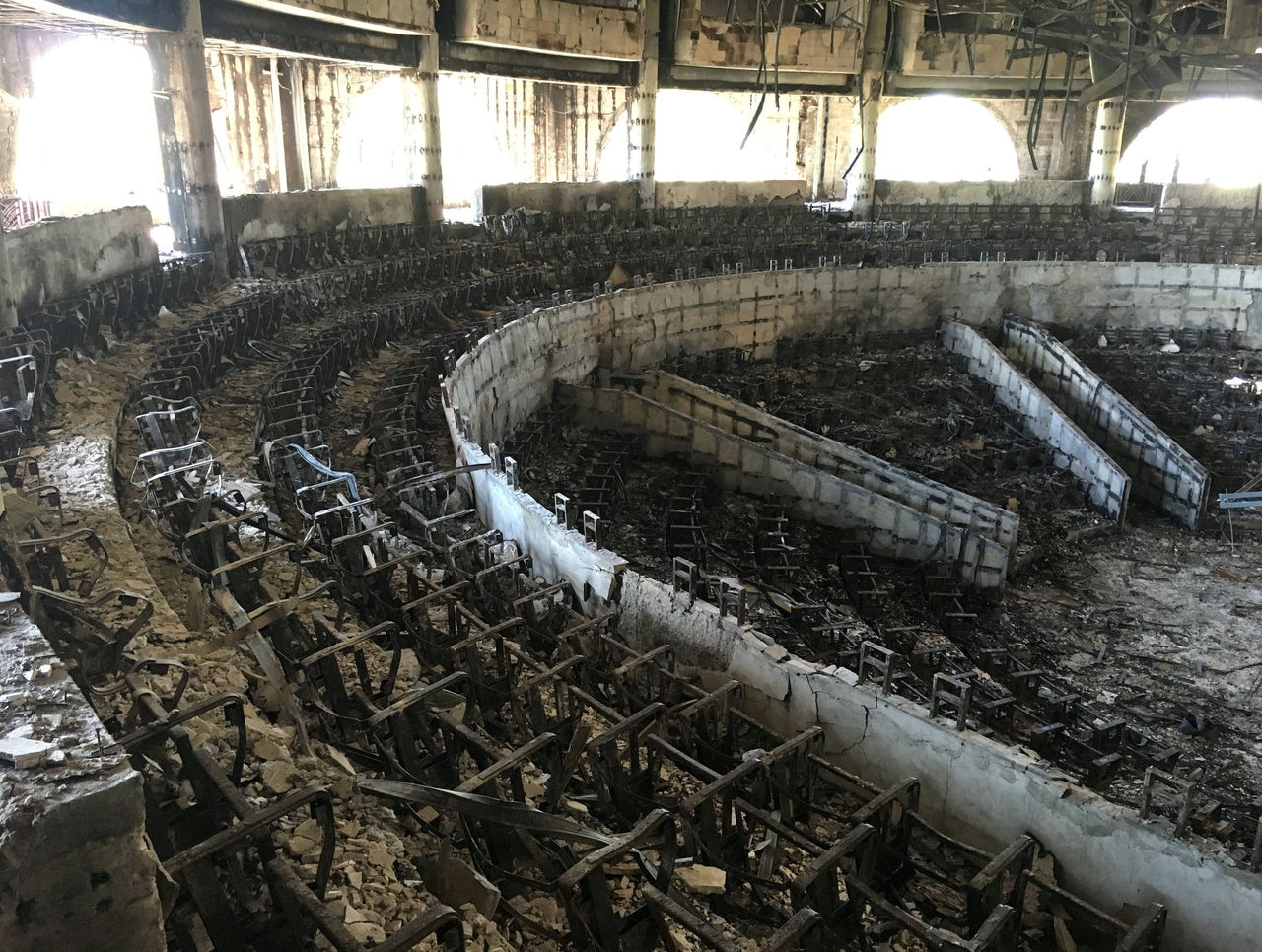AFCON: A distraction from the political unrest in Gabon
Gabon is known as one of the more stable countries in sub-Saharan Africa, but the nation isn't without turmoil. In August, violence erupted after Ali Bongo, the incumbent president, was controversially declared as the victor of an election, extending the rule of his family's dynasty to more than 50 years. Omar Bongo, his father, ruled for more than four decades.
Bongo collected 49.8 percent of the vote, while Jean Ping, his rival, collected 48.23 percent. There were widespread allegations of corruption, resulting in clashes between opposition supporters and security forces. Three people, by the government's questionable count, were killed in the violence. Hundreds were arrested. Fire was set to the building where Gabon's national assembly gathers, and the army fired stun grenades and tear gas. Social media was suspended and an embargo was imposed on the issuing of visas to foreign journalists.
Gabon's tourist-friendly image was damaged.

When the draw for the 2017 Africa Cup of Nations took place less than two months after Bongo's controversial victory, there were doubts over where the tournament would be staged. Things had calmed down by then, but there was still uncertainty. Would the competition be relocated once again after Libya had already been stripped of the hosting rights?
In the end, Gabon held on to the Africa Cup of Nations, and Les Pantheres will kick off the 31st edition of the competition against Guinea-Bissau at the Stade de l'Amitie.
But things have only worsened in Gabon since the draw took place. Cuts have been made to health and education in a nation where, by The Borgen Project's count, a third of the population lives below the poverty line. In contrast, and as the Guardian's Jonathan Wilson explains, a report says $700 million is being spent on the Africa Cup of Nations, including $200 million on the Stade de l'Amitie, which won't even be ready in time.
A crackdown on media is also concerning. In November, officials detained 20 employees of the Echos du Nord, an opposition newspaper, and took them away for questioning. "The employees were verbally threatened and seized and we now have no means of communicating with them," Desire Ename, its editor-in-chief, told Reuters at the time.
Then there's the "unlimited" strike from workers at Royal Dutch Shell, which is trying to sell its assets in Gabon, Africa's fourth-largest oil producer with an output of about 220,000 barrels per day. The walkout stems from worries about layoffs and relocation.
None of the unrest is surprising. This is exactly what happens each and every time a third-world country hosts an international sporting event. What remains to be seen, however, is whether the trouble disrupts the Africa Cup of Nations. There is an expectation the tournament will be used as a platform for protest, and fears of violence are understandable.
It's likely that while Pierre-Emerick Aubameyang is doing backflips in the Stade de l'Amitie, there be will voices outside the stadium calling for Bongo to resign, for improved health and education, for freedom of speech, and for job security.
HEADLINES
- Slot: Liverpool running on empty in Bournemouth defeat
- Guardiola: Man City overcame poor officiating to beat Wolves
- Bournemouth snap Liverpool's unbeaten run with 95th-minute winner
- Latest news and rumors from January window: Manchester rivals battle
- Frank laments Tottenham defending: 'We should never be that open'